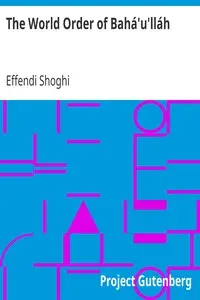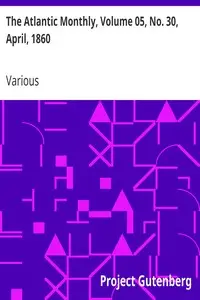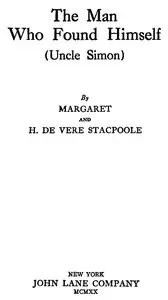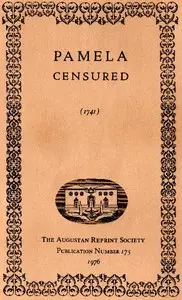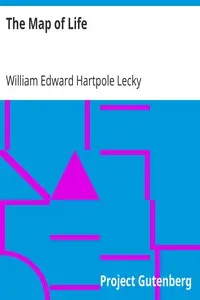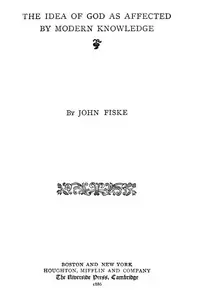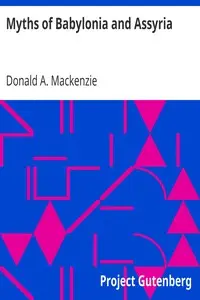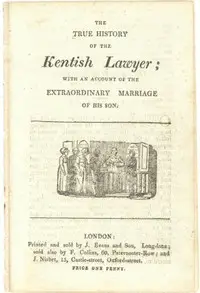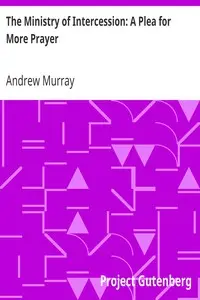"Dawn of a New Day" by Shoghi Effendi is a spiritual and administrative work related to the Baha'i Faith, likely written in the early 20th century. This publication serves as a guide to the Baha'i community in India, focusing on their responsibilities, growth, and outreach efforts in spreading the teachings of Baha'u'llah. It emphasizes the potential for united spiritual action among diverse peoples in India's culturally rich landscape. The beginning of the text outlines Shoghi Effendi's vision for the Baha'i community in India, underscoring the significant advancements the faith could achieve if its followers fully embraced their roles. Letters addressed to the National Spiritual Assembly highlight the importance of collaboration, community building, and the promotion of Baha'i teachings among diverse populations. Effendi's messages inspire both confidence and pragmatic action, urging believers to rise to the challenges faced by their community and reaffirm the universal principles of love, unity, and service as pathways to fulfilling divine potential in India. (This is an automatically generated summary.)
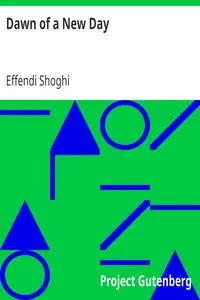
Dawn of a New Day
By Effendi Shoghi
"Dawn of a New Day" by Shoghi Effendi is a spiritual and administrative work related to the Baha'i Faith, likely written in the early 20th century. Th...
Shoghí Effendi (; Persian: شوقی افندی; 1 March 1897 – 4 November 1957) was an Ottoman-born Iranian religious figure and the Guardian of the Baháʼí Faith from 1921 to 1957. As the grandson and successor of ʻAbdu'l-Bahá, he was responsible for creating a series of teaching plans that oversaw the expansion of the Baháʼí Faith to a number of new countries, and also translated many of the written works of crucial Baháʼí leaders. Upon his death in 1957, the Hands of the Cause, which included his Canadian wife Rúhíyyih Khánum, took on the role of overseeing the transfer of the religion's supreme legal authority to the Universal House of Justice, which has held elections every five years since 1963.

